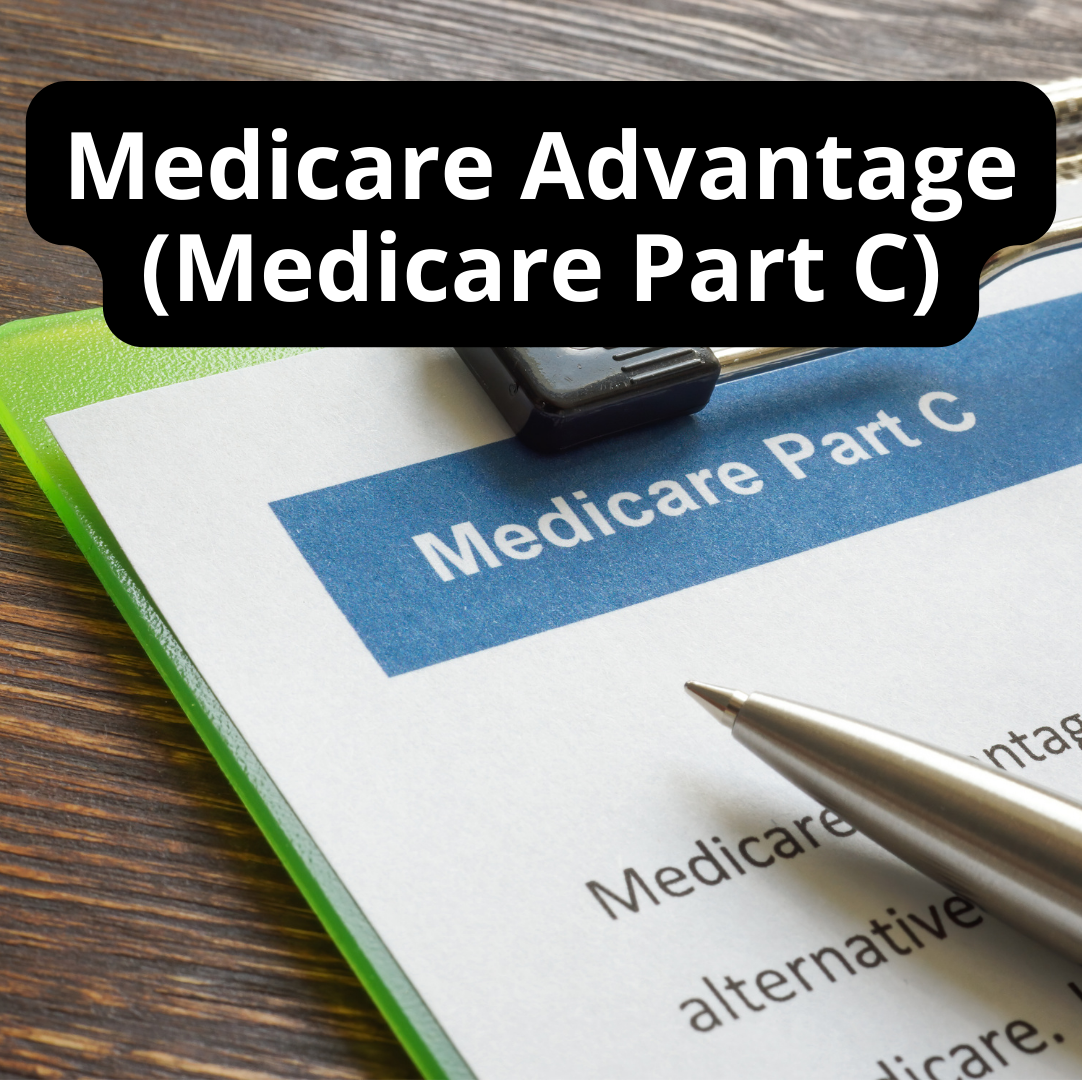Key Takeaways
- Choosing the right Medicare enrollment period can make a big difference in both the cost and coverage of your health plan.
- Missing the correct Medicare enrollment period could lead to penalties, delays, and potential gaps in your healthcare coverage.
The Importance of Medicare Enrollment Periods
Medicare has various enrollment periods that determine when you can sign up for coverage or make changes to your plan. Whether you’re new to Medicare or reviewing your options, selecting the right enrollment period is essential. Each enrollment period offers unique opportunities based on your needs, so missing the right one can cost you time, money, and potentially impact your healthcare access.
With multiple enrollment periods, it’s natural to feel a bit overwhelmed. Let’s break down each period and understand when and why you might want to make specific choices during these times.
Medicare’s Enrollment Periods at a Glance
Medicare enrollment periods are scheduled throughout the year, allowing you to choose, adjust, or even change your Medicare plan depending on your needs. Here are the main periods to keep in mind:
- Initial Enrollment Period (IEP) – For those turning 65 and new to Medicare.
- General Enrollment Period (GEP) – For those who missed their IEP.
- Annual Enrollment Period (AEP) – The window for everyone to make yearly changes.
- Medicare Advantage Open Enrollment Period (MA OEP) – A chance to change or drop your Medicare Advantage plan.
- Special Enrollment Periods (SEP) – Triggered by specific life events or changes in eligibility.
Each of these enrollment periods serves different purposes, so knowing which one to choose can save you from costly mistakes. Let’s dive into each one and discuss why it might be a good time to review or enroll in Medicare coverage.
1. Initial Enrollment Period (IEP): The First Step into Medicare
The Initial Enrollment Period (IEP) is the time frame for people turning 65 to sign up for Medicare for the first time. This period lasts for seven months: it starts three months before your 65th birthday, includes your birthday month, and extends three months after.
Why the IEP is Critical
Signing up during this period is crucial for avoiding late penalties and ensuring you have healthcare coverage when you need it. Missing your IEP may result in delayed coverage or late penalties that could last as long as you’re enrolled in Medicare.
Steps to Take During IEP
During your IEP, you’ll want to decide between Original Medicare (Parts A and B) or Medicare Advantage (Part C). You may also want to consider enrolling in a Part D plan for prescription drug coverage, especially if you take regular medications.
What Happens if You Miss the IEP?
Failing to enroll during the IEP means you may have to wait until the next General Enrollment Period to sign up for Medicare, which could delay your coverage and lead to costly late fees.
2. General Enrollment Period (GEP): A Second Chance for Coverage
The General Enrollment Period (GEP) runs every year from January 1 to March 31. This period is primarily for those who missed their IEP and need a chance to enroll in Medicare. Coverage for those who enroll during the GEP begins on July 1.
When to Use the GEP
If you didn’t sign up during your Initial Enrollment Period, the GEP provides a critical opportunity to avoid going without healthcare coverage entirely. However, if you enroll during this period, be prepared for potential late enrollment penalties.
What to Expect
Signing up during the GEP might come with extra costs, particularly if you’re enrolling in Medicare Part B for the first time. This penalty typically adds 10% to your premium for each year you could have signed up but didn’t.
The Pros and Cons
While the GEP can prevent you from going without coverage indefinitely, it’s important to understand that coverage won’t start until July. This can leave you with a gap in healthcare access, which could be inconvenient and costly if you have immediate healthcare needs.
3. Annual Enrollment Period (AEP): Time for Review and Changes
Every year, Medicare holds an Annual Enrollment Period (AEP) from October 15 to December 7. During this time, current Medicare beneficiaries can review and make changes to their existing coverage. These changes will go into effect on January 1 of the following year.
What You Can Do During AEP
The AEP allows you to switch between Original Medicare and Medicare Advantage, change Medicare Advantage plans, or add or drop Part D prescription drug coverage. This is also an ideal time to make sure that your plan is keeping up with your evolving healthcare needs.
Why AEP is Important
Your healthcare needs might change over time, and so can your Medicare coverage needs. The AEP offers you a chance to find a more suitable plan, often without penalties. Whether your medications have changed, you’re seeing new specialists, or your plan’s network has evolved, the AEP lets you adjust your coverage accordingly.
Avoiding Common Mistakes During AEP
One of the biggest mistakes Medicare beneficiaries make is not reviewing their plans during AEP. You might assume your current plan is still the best option, but plan details can change annually. Taking time to review can make sure you’re not surprised by any unexpected costs or coverage changes.
4. Medicare Advantage Open Enrollment Period (MA OEP): Flexibility for Medicare Advantage Plans
The Medicare Advantage Open Enrollment Period (MA OEP) runs from January 1 to March 31. Unlike the AEP, this period is only available to people already enrolled in a Medicare Advantage plan.
Key Actions During MA OEP
During this period, you can either switch to a different Medicare Advantage plan or revert to Original Medicare (Parts A and B). This is a unique opportunity to make adjustments if you find your current Medicare Advantage plan isn’t working for you.
Why You Should Consider Changes During MA OEP
Sometimes, Medicare Advantage enrollees discover that their plan isn’t meeting their expectations or they want to see if a new option might provide better coverage. The MA OEP allows you to explore other options and ensure you’re getting the right fit without waiting for the next AEP.
Limitations of MA OEP
While this period provides an additional window for changes, you’re limited to making just one adjustment. Also, it’s only available if you’re already in a Medicare Advantage plan—Original Medicare enrollees can’t use this period to switch or add new benefits.
5. Special Enrollment Periods (SEP): Adjustments for Life’s Unexpected Events
The Special Enrollment Periods (SEP) allow you to make changes outside of the regular enrollment windows if you experience certain life events, such as moving, losing employer-based insurance, or qualifying for Medicaid. SEPs are designed to ensure that you’re not penalized or left without coverage if life circumstances change unexpectedly.
Common SEP Triggers
Some common events that qualify for an SEP include moving out of your current plan’s service area, losing employer-based health coverage, or qualifying for financial assistance. Each SEP trigger has its own rules, so the coverage start date may vary depending on the event.
How SEPs Protect You
SEPs offer flexibility for those with shifting circumstances, letting you adjust your Medicare plan or enroll in a new one to meet your healthcare needs without penalty. For instance, if you move to a new state where your Medicare Advantage plan isn’t available, you can use an SEP to select a new plan without waiting for the next AEP.
Being Proactive with SEPs
If you think you qualify for an SEP, it’s wise to act quickly. SEPs are time-sensitive, and the opportunity to make changes might be limited to a specific period after your qualifying event. Knowing when to initiate your SEP can help you avoid gaps in coverage.
Timing Your Medicare Enrollment Can Save You Money and Stress
As you can see, choosing the right Medicare enrollment period is crucial. Each period provides a unique opportunity to either enroll in Medicare or adjust your coverage, ensuring that it meets your health and financial needs. Knowing when each period occurs and what actions you can take is a simple way to manage your healthcare proactively.
From your IEP when you first turn 65 to the yearly AEP or an SEP triggered by life changes, making informed choices during the right enrollment window can help you avoid unnecessary costs, late penalties, and coverage delays. Reviewing your options each year during AEP, considering changes during MA OEP if you’re in Medicare Advantage, and understanding the protection SEPs provide if life takes an unexpected turn can make all the difference.
Better Coverage Starts with the Right Enrollment Period
Choosing the best Medicare plan for your needs depends on selecting the right enrollment period and staying aware of upcoming opportunities to make changes. With the right knowledge, you can take control of your healthcare, stay covered, and avoid costly penalties.
Whether it’s your Initial Enrollment Period, Annual Enrollment Period, or a Special Enrollment Period due to a big move or life change, each of these timeframes is your chance to find coverage that works for you.







